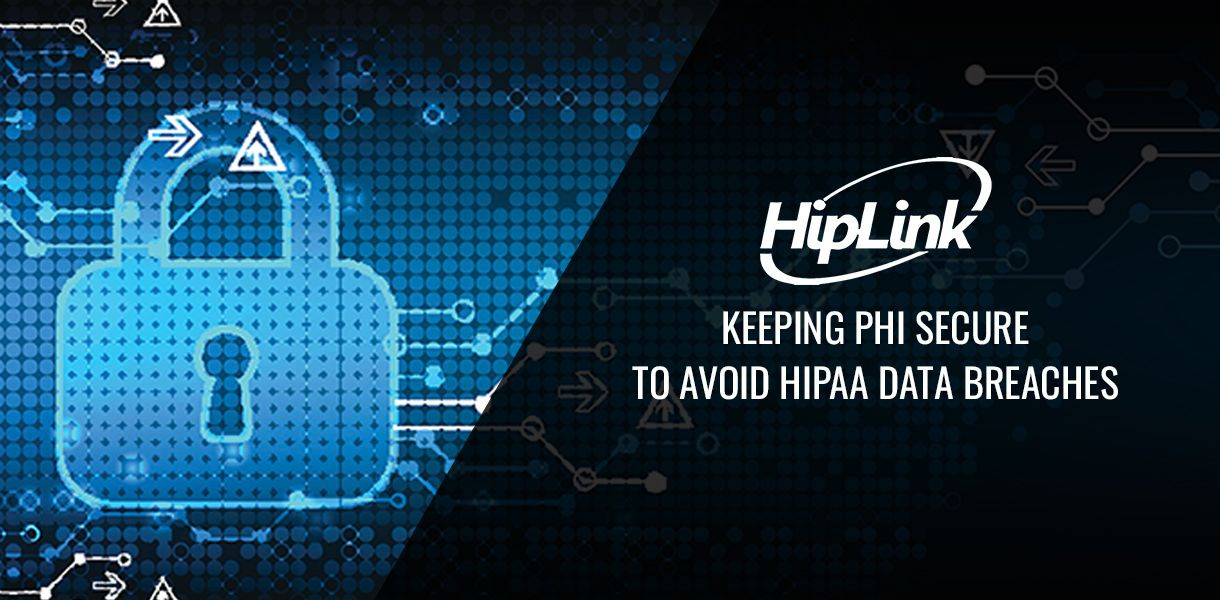In today's rapidly evolving technological landscape, healthcare providers are increasingly adopting electronic health record (EHR) technology and connecting to health information exchanges. While this enhances the accessibility of patient health information (PHI) for healthcare professionals, it also exposes PHI to online security threats and potential HIPAA data breaches.
The convenience of easy access to PHI for healthcare providers also presents a corresponding risk, as it becomes more vulnerable to hackers and unauthorized users. Effectively monitoring and managing these risks is crucial for healthcare organizations, with risk assessments playing a pivotal role in maintaining HIPAA compliance. Threats such as mobile devices and ransomware underscore the need for healthcare providers to exercise prudence in their risk analyses. Even the slightest oversight or lapse in security could result in a HIPAA data breach, leading to a protracted and costly recovery process.
What Constitutes a HIPAA Data Breach?
According to the U.S. Department of Health and Human Services (HHS), a data breach is any unauthorized use or disclosure of PHI under the Privacy Rule that compromises patients' security or privacy. For instance, if a nurse's assistant, who is a friend of patient Jane Doe, shares Jane Doe's deteriorating health condition on social media, it constitutes a HIPAA breach. Another example is the loss or theft of unencrypted data from backup tapes used for data archiving. Portable devices lacking encryption or proper security measures like passwords and personal identification numbers also pose significant risks for data breaches.
There are three exceptions to the HHS Privacy Breach rule. First, unintentional acquisition of PHI by a healthcare worker acting under the authority of the covered healthcare organization is not considered a breach. Secondly, inadvertent sharing of PHI with someone who already has authorized access to it is exempt from being labeled a breach. For instance, if two doctors coordinate care for a patient and share relevant PHI, it is not a breach. Lastly, if a healthcare organization believes the recipient of the PHI disclosure is incapable of retaining the information, it is not deemed a data breach.
Understanding HIPAA data breaches and their exceptions equips healthcare organizations with the knowledge needed to devise robust data security plans to safeguard PHI. One effective way to prevent employee data breaches is through training, documentation, and monitoring of employee adherence to security policies and procedures. Additionally, it's crucial to vigilantly assess the compliance of business associates and ensure their employees have received appropriate training.
Ransomware Attacks – Do They Constitute HIPAA Data Breaches?
The classification of a ransomware attack as a HIPAA data breach depends on the specific circumstances. In simple terms, if electronic protected health information (ePHI) becomes accessible due to encryption during a ransomware attack, it qualifies as a HIPAA data breach, as it constitutes an unauthorized disclosure under the HIPAA Privacy Rule.
Conversely, if the ePHI encrypted during a ransomware attack was already encrypted in compliance with HIPAA regulations, it may or may not be considered a breach, with each case evaluated individually. According to the HHS Office of Civil Rights, if the ePHI is encrypted in a manner consistent with the guidelines for rendering unsecured protected health information unusable, unreadable, or indecipherable to unauthorized individuals, it ceases to be 'unsecured PHI.' Consequently, no risk assessment is required to determine a low probability of compromise, and breach notification is not mandatory.
Safeguarding PHI
The HHS PHI Privacy Rule protects all individually identifiable health information held or transmitted by a covered entity or its business associate, regardless of the medium, be it electronic, paper, or oral.
To determine the most appropriate security measures, healthcare organizations must consider their size, capabilities, complexity, technical infrastructure, and associated expenses. Moreover, they must assess the likelihood and potential consequences of plausible risks to ePHI.
To ensure ePHI protection, healthcare organizations must keep security measures up-to-date, comply with state and local laws, and maintain HIPAA compliance. Given the various ways ePHI security can be compromised, facilities must remain vigilant and adapt security measures as needed.
HipLink offers real-time secure messaging for Apple or Android devices. The user can send secure text messages, encrypted for HIPAA compliance from a desktop or smartphone. For more information, contact us at 408-399-6120.



